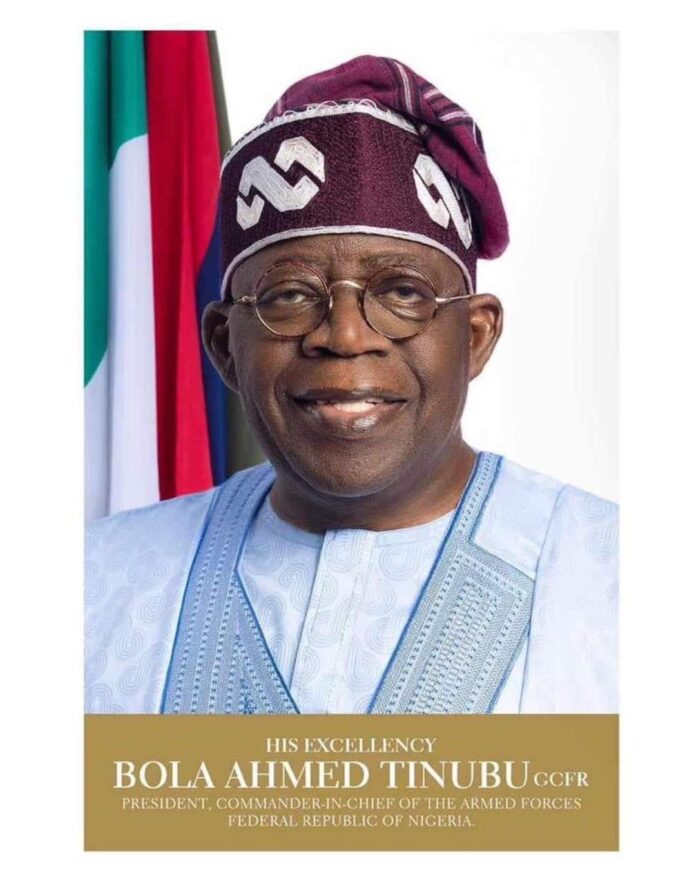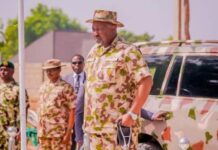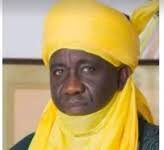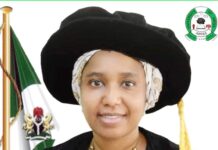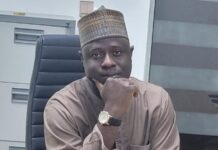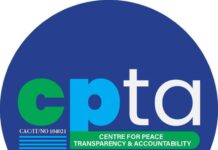Ahead of 1st Year in Office, Tinubu’s Promises to Nigerians in Limbo By Kabir Akintayo
POLITICS DIGEST- In the landscape of Nigerian politics, promises made by leaders often serve as beacons of hope for citizens yearning for positive change. However, as time progresses, the disillusionment stemming from unfulfilled promises can breed frustration and skepticism among the populace.
As the tenure of President Tinubu unfolds, the spotlight falls on the plethora of promises made, juxtaposed against the stark reality of suspended student loans, the unavailability of Compressed Natural Gas (CNG) buses (as part of subsidy removal palliative), and the delay in implementing a new minimum wage.
It all started with the removal of fuel subsidy which brews inflationary pressures, making the economic landscape more challenging for the average citizens. Yet, Tinubu introduced some vital policies aimed at cushioning the hardship of the subsidy removal.
Among the new policies introduced is the Student Loan Act, palliative distribution which gave birth to the introduction of (CNG) buses and the implementation of a new minimum wage, amongst others.
In this report, POLITICS DIGEST assesses each of the programs promised by the Tinubu-led administration which are yet to see the light of the day.
The Suspended Student Loans
President Tinubu’s road to the Villa was accompanied by a wave of optimism, with pledges to tackle pressing issues facing Nigeria head-on. Among these commitments was the promise to provide accessible and affordable education, particularly through the provision of student loans. In June 2023, the president signed a bill to start a Student Loan Fund that would give interest-free loans to Nigerians for higher education.
Eight months later, and barely 48 hours before the launch, the Federal Government announced the postponement of the student loans without mentioning a specific date, making it the third time the take-off of the education programme has been put on hold.
It was first supposed to start in October 2023, then the government later announced that it would begin in January 2024, now suspended indefinitely.
While justifying reasons for the suspension of the student loans, the Executive Secretary of the Nigerian Education Loan Fund, Akintunde Sawyer, told a Nigerian news channel, Arise News, that “The government is waiting to ensure that all the stakeholders are aligned to make sure nobody is blindsided, then we can actually roll this out in a meaningful, comprehensive, wholesome, and sustainable way.” Sawyer said.
Meanwhile, president Tinubu, following the suspension of the commencement of the loan system, wrote to the Senate, seeking the repeal of the Access to Higher Education Act, 2023, otherwise known as the Student Loan Act, and a re-enactment of a fresh one. This is according to a memo addressed to the president of the Senate, Godswill Akpabio, and dated 14 March, 2024.
However, the suspension of student loans has left many aspiring students stranded, unable to afford the rising costs of tertiary education. This abrupt halt to financial assistance has not only hindered the dreams of countless youths but has also widened the gap of inequality, perpetuating a cycle of poverty and limited opportunities.
The Unavailable Compressed Natural Gas (CNG) Buses
President Tinubu on October 1, 2023, in his broadcast to the nation, declared the deployment of Compressed Natural Gas (CNG) buses nationwide, with a target of one million on the roads by 2027. It was meant for the palliative programme designed to reduce the cost of transportation, especially mass transit, for poor Nigerians while creating over 2,000 jobs and converting vehicles from Premium Motor Spirit (PMS) to CNG bi-fuel that runs cheaper, cleaner, and better CNG-powered.
The Tinubu-led administration after signing Memorandum of Understanding (MoU) with organized labour on October 15, 2023, agreed to vote N100 billion for the provision of high-capacity CNG, buses for mass transit in Nigeria as part of the deal to ameliorate the pains of fuel subsidy removal.
Read Also:
According to the Programme Director of the Presidential CNG, Initiative, Michael Oluwagbemi, the conversion to CNG buses holds importance for Nigerians and the global shift towards responsible energy selections. This, he said, extends a hand to a greener, more sustainable, and more affordable future.
Oluwagbemi also said that the goal in the presidential CNG initiative, as stated by Tinubu in his October 1 speech, is to make 55,000 conversion kits immediately available to the Nigerian public so that the CNG, revolution can begin to jumpstart. “The palliative programme as described by the President will last until March 31, 2024,” he said.
However, the envisioned shift towards sustainable transportation solutions has encountered setbacks with the absence of CNG, buses. Amidst promises of modernizing the transportation sector and reducing carbon emissions, the unavailability of CNG, buses highlights a failure to materialize these ambitions.
Also, implementation progress has been slow, with challenges ranging from insufficient infrastructure to a perceived lack of coordination among concerned stakeholders.
Stakeholders argued that the initiative requires a more proactive approach to address the existing bureaucratic bottlenecks. The success of such an ambitious project hinges on effective collaboration between the government, private sector, and relevant agencies. Observers also noted that without a more concerted effort, the potential benefits of transitioning to CNG, may remain unrealised.
Delayed Minimum Wage Implementation
The delay in implementing a new minimum wage further compounds the challenges faced by millions of Nigerians striving to make ends meet. Despite assurances of addressing the plight of low-income workers and ensuring fair remuneration, the prolonged wait for a revised minimum wage underscores the disconnect between rhetoric and action. As inflation erodes purchasing power and living standards, the delay in wage adjustments amplifies the struggles of vulnerable segments of society and perpetuating economic disparities.
President Tinubu had in January 2024, after his new year message promising to review the minimum wage, set up a of 37-man tripartite committee on national minimum wage in line with the provision of Wage Instrument Act 2019 which stipulates review of the minimum wage at five years interval.
Headed by a former Head of Civil Service of the Federation, Alhaji Bukar Aji, the committee’s membership is drawn from across federal and state governments, private sector employers and the organised labour.
However, the Nigerian Labour Congress (NLC) led by its president Joe Ajaero, accused president Tinubu of tactically delaying the implementation of the new minimum wage. Ajaero said that it took more than three nationwide protests to pressure the Federal Government in setting up a committee to oversee the process of the implementation of the proposed minimum wage.
Ajaero also claimed that, out of all the requests the Union proposed to FG, only few out of many have been attended to, saying that the government cannot be trusted.
In light of these concerns, calls for greater scrutiny and oversight of governmental actions resonate across civil society. The need for robust mechanisms to monitor the implementation of policies and hold leaders accountable for their commitments is imperative in fostering trust and confidence in the democratic process.
Looking ahead, the trajectory of President Tinubu’s administration will be defined by its ability to address the underlying causes of unfulfilled promises and chart a course towards inclusive and sustainable development. This necessitates a paradigm shift towards participatory governance, where the voices of citizens are not only heard but also incorporated into decision-making processes.
Also, the suspension of student loans, unavailability of CNG buses, and delay in implementing a new minimum wage serve as poignant reminders of the accountability deficit in Nigeria’s political landscape. As citizens continue to demand transparency and efficacy from their leaders, the onus rests on President Tinubu and his administration to bridge the gap between promises and realities, forging a path towards a brighter and more equitable future for all Nigerians.

